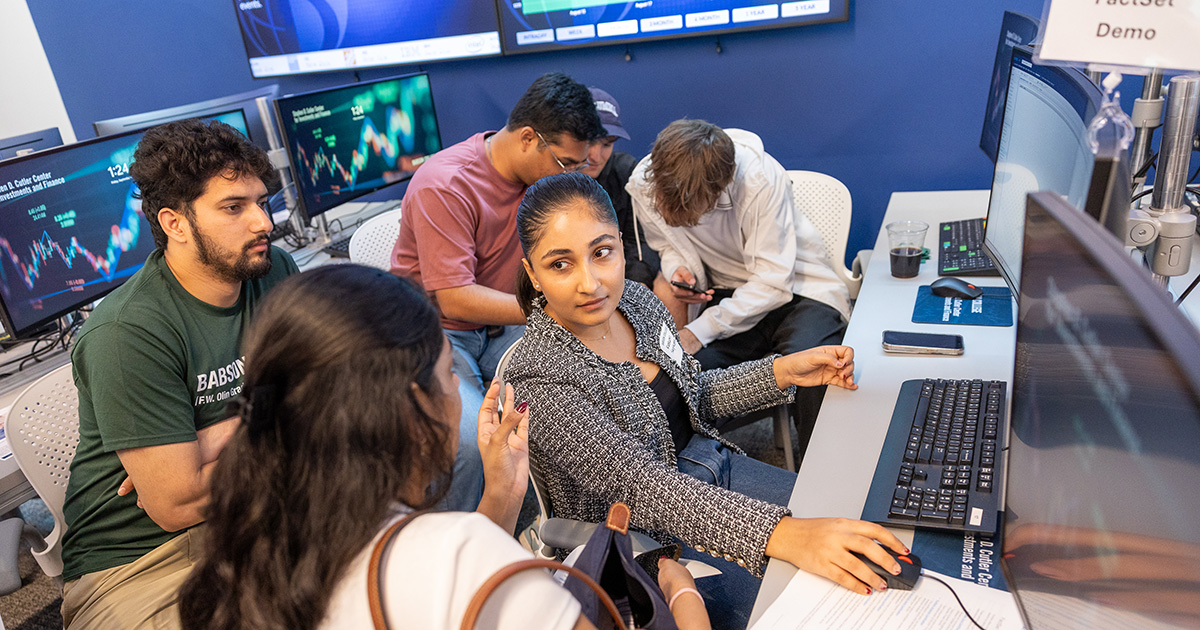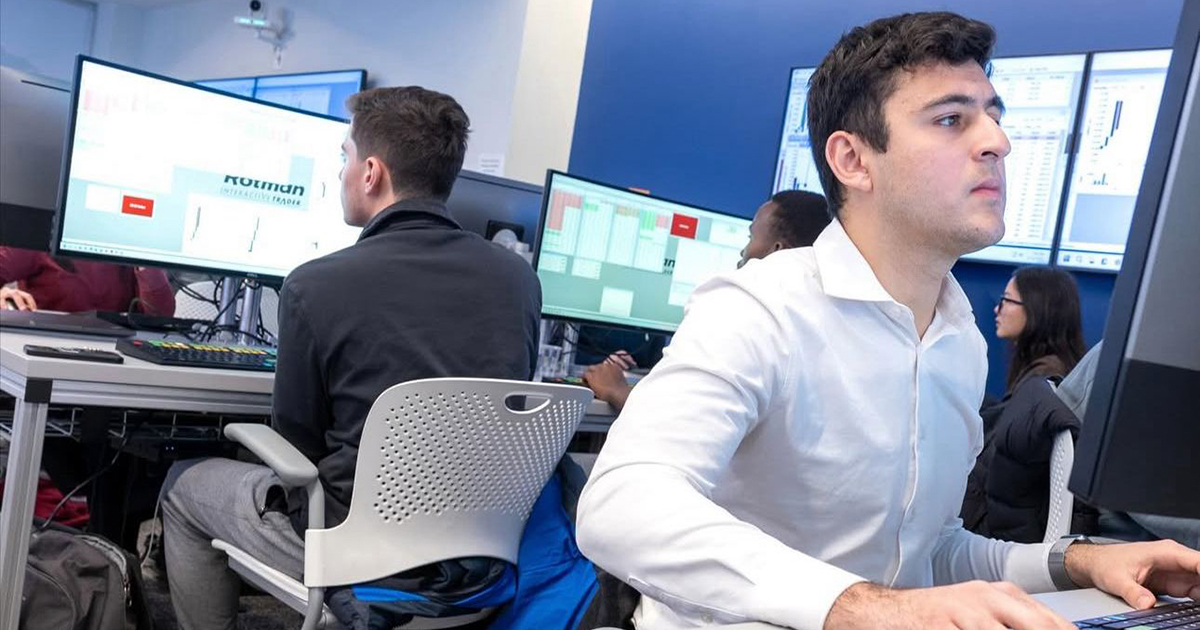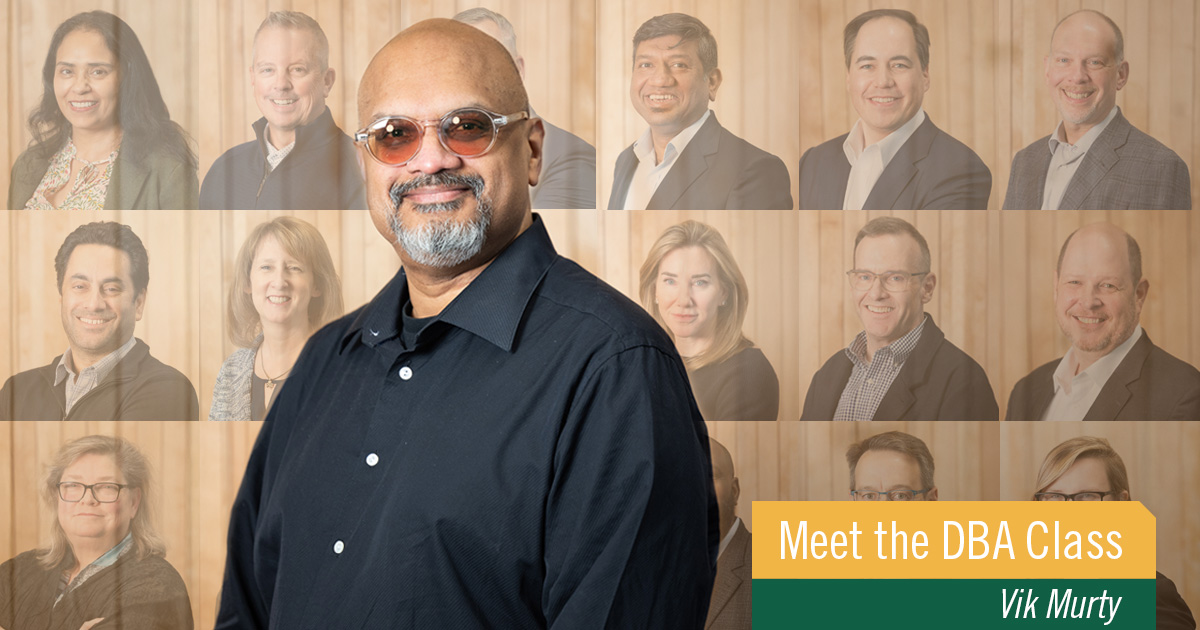One on One with Innovation Leaders

Innovation is a mandate for companies. A recent Wall Street Journal investigation revealed a 64% increase in how often the I-word cropped up in annual and quarterly reports since 2006. With so many organizations thinking about and fueling their business innovation engines, we went straight to the source for perspective from five Boston innovators about what’s working today.
How do you balance running Society of Grownups—essentially a startup—with an established parent firm like MassMutual?
 Nondini Naqui, Director, Society of Grownups
Nondini Naqui, Director, Society of Grownups
Society of Grownups is not a sales channel for MassMutual to sell financial products. It is a community for advice, education, and guidance, so it’s easier than you may think. It takes great partnership, and Society of Grownups is lucky enough to have a management team that supports us in an amazing way. While MassMutual is our parent company, Society of Grownups operates as a separate legal entity, meaning we have autonomy to make decisions and update our offering based on the research and data our team is gathering in the space and online. We truly view ourselves as a startup and are fortunate enough to have a forward-thinking company like MassMutual on board.
For me personally, working at Society of Grownups allows me to blend all of my previous work experience together. I took my anthropology major and started my career in financial services, then I found my way to nonprofit and really wanted to work in the intersection between advocacy and finance. I’m incredibly passionate about what we’re doing at Society of Grownups and am beyond excited to continue to expand our offerings and establish ourselves within the Greater Boston community.
Why has the Boston area been a good fit for Constant Contact? What are the biggest needs in the Boston business innovation landscape right now?
 Andy Miller, Chief Innovation Architect, Constant Contact
Andy Miller, Chief Innovation Architect, Constant Contact
From world-renowned education establishments to technology/bio-tech companies to the host of co-working spaces, Boston has an incredible amount to offer entrepreneurs. To build upon this foundation and secure Boston’s position as the premier hub of innovation in the world, I believe the next step requires that the innovation community in and around Boston come together and support each other. We’re already beginning to see this with programs such as the Small Business Innovation Program, the new Blade accelerator, and the City of Boston’s Neighborhood Innovation District Committee. Creating this community-wide entrepreneurial ecosystem is exactly what we need to be doing, and I look forward to seeing the results.
Since the Learning Lab opened in June 2014, what has been its biggest win?
 Wayne Ysaguirre, President and CEO, Nurtury
Wayne Ysaguirre, President and CEO, Nurtury
From a program point of view, the Learning Lab’s biggest win has been our family engagement strategy. As we tried to understand how best to support families, we incorporated a community organizing strategy to complement the traditional social work approach we’ve taken in the past. We’ve done this by fostering leadership among the parents, and we’re seeing excitement and engagement beyond anything we’ve ever seen before. Parents are identifying parenting courses they want and need, designing yoga and meditation classes for one another, organizing movie nights that draw upward of 85 kids and families from Bromley-Heath together. Before, these families never came out at night because they didn’t feel safe. With our nudging and support, families are taking the lead. We even have a homeless mom who is volunteering as a parent leader, developing a sense of agency for herself. Nothing we could have done in an older model would have had that effect.
Why does healthcare need innovation?
 Dr. Elizabeth Nabel, President, Brigham and Women’s Hospital
Dr. Elizabeth Nabel, President, Brigham and Women’s Hospital
This is a time of unprecedented change in healthcare, from regulation that has required us to redesign our care delivery structures to emerging diseases that test our emergency preparedness. The answers to so many of the challenges we face in healthcare are right here, but we can only discover them if we have an environment where innovation thrives. Our faculty, investigators, and staff must have concrete opportunities to try out new ideas without concern about failure.
The iHub has transformed the culture of innovation at Brigham and Women’s. It breaks down silos and provides opportunities for people from different backgrounds and disciplines to connect through events like hackathons, collaboration nights, and shark tank events. We have generated exciting new ideas for enhancing efficiency and providing even better patient care. One example is the Twine Collaborative Care Hypertension Platform, which has cloud-based software and synchronized mobile apps for clinicians and patients. Twine was one of the winners of our first shark tank event in April, and our South Huntington practice recently began using it to improve hypertension outcomes for patients.
What do you like best about being an entrepreneur in Boston?
 Matthew George, CEO, Bridj
Matthew George, CEO, Bridj
Boston is a lab city for what a 21st or 22nd century city can be. For the business we’re in, it’s one of the best cities in the world for us to call home, and it’s where we want to grow. We’ve been supported tremendously by a number of local angel investors, including most of the group who got Zipcar up and running, led by Jill Preotle. Right now, Bridj has about 20 employees, and we’re based out of the Cambridge Innovation Center.
In comparison with anywhere else in the United States, Boston has the highest concentration of technical and higher education, so it’s uniquely positioned to become the city of the future. The biggest untapped opportunities are for the City of Boston and the private sector to innovate together, not only for Boston but to set the agenda for the rest of the world.



